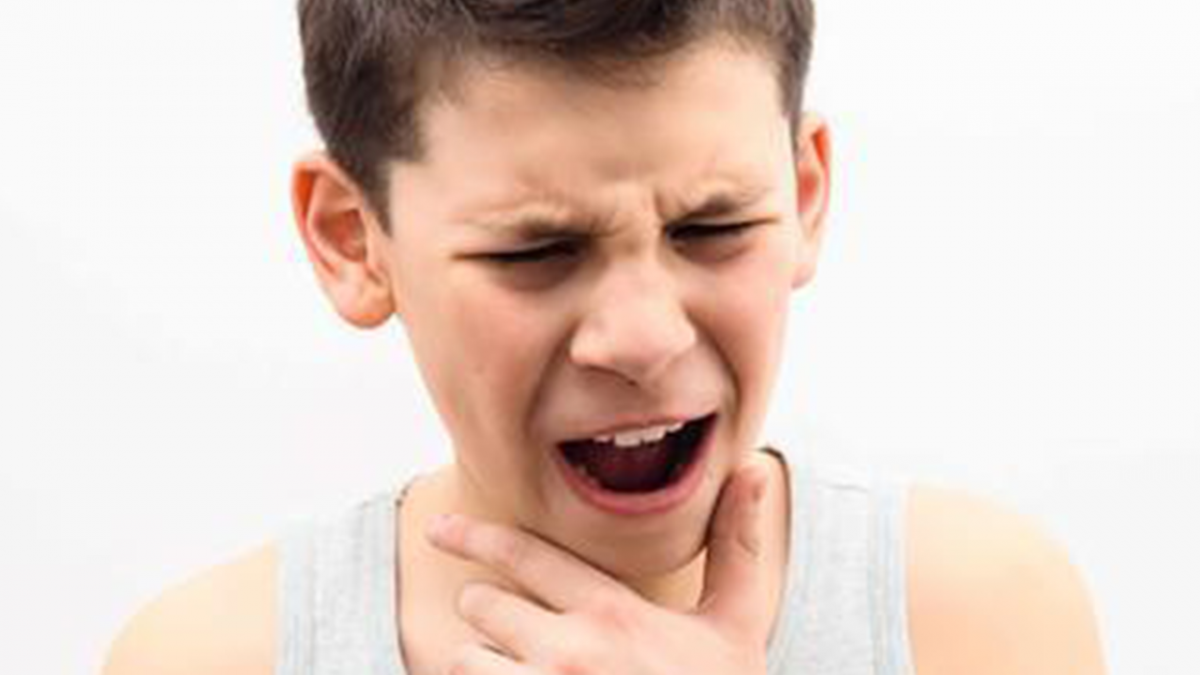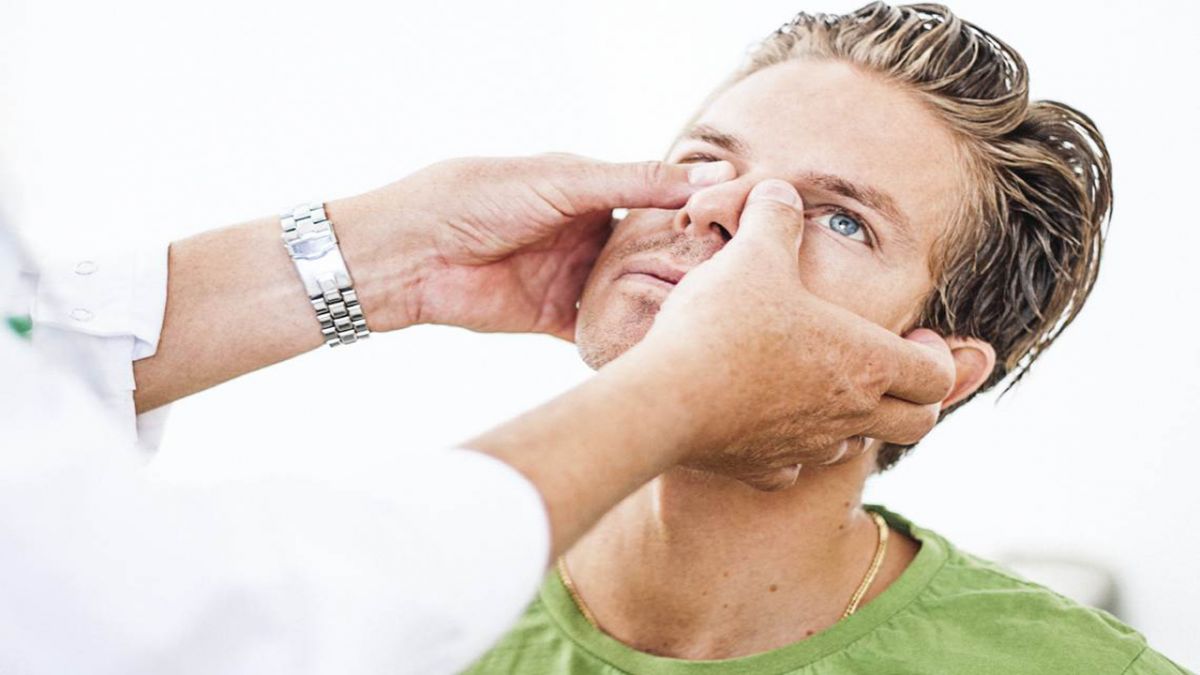Advertisement
If childhood rhinitis is not treated promptly, it can pose significant health risks. However, before discussing these dangers, it is crucial to emphasize that parents should avoid causing undue alarm. It's important not to panic upon watching this video and think that a child's case of rhinitis is severe enough to warrant serious concern; mild rhinitis is not inherently terrifying. Nevertheless, if left untreated, it may lead to various issues. For instance, if a child's rhinitis is poorly managed, it could result in chronic coughing, which many parents find unacceptable. Notably, several types of rhinitis, including allergic and non-allergic rhinitis, can negatively impact asthma.

Additionally, some children may experience ear pain a few days after having a runny nose, which could indicate otitis media. Many parents seek medical attention for their children due to persistent coughing, bronchitis, or cold symptoms, only to discover later that ear pain is linked to untreated rhinitis. Anatomically, it is important to understand that the nasal cavity is connected to the sinuses; if rhinitis is not controlled, it can lead to sinusitis, which is more complex to treat than rhinitis itself.
Another potential hazard of rhinitis is that nasal congestion may result in difficulty breathing during sleep. Some children may exhibit symptoms of breathlessness and resort to mouth breathing. However, mouth breathing increases nasal resistance, and some children may struggle to get enough air even when breathing through the mouth. Long-term oxygen deprivation to the brain can lead to changes in a child's behavior and intelligence, such as hyperactivity and irritability; they may become easily agitated by simple comments from parents and exhibit memory deficits. I want to stress that these risks primarily arise in cases of severe nasal congestion leading to respiratory difficulties, rather than implying that a child’s intelligence will decline simply due to a single episode of rhinitis.
Moreover, it is known that if rhinitis is poorly controlled, the resultant nasal blockage can lead to mouth breathing, which may alter facial development. The human body is a highly intricate system, and during growth, proper occlusion of the upper and lower teeth is essential. This contact allows the upper teeth to grow forward, facilitating the development of the upper lip, while simultaneously restraining the lower jaw from protruding excessively. However, if a child continually breathes through the mouth, the upper teeth may not receive necessary stimulation, leading to underdevelopment of the upper lip and excessive growth of the lower teeth. Some children may also have enlarged tongues, frequently extending their tongues outward, leading to noticeable changes in facial appearance—often referred to as "adenoid facies." This condition is not solely due to the enlargement of the adenoids, but rather a result of various mouth breathing habits.

In everyday situations, one might observe a child on public transport and feel compelled to suggest to their parent that they should seek treatment for their rhinitis, given the apparent changes in their facial structure. However, one might hesitate due to concerns about being perceived as intrusive. Professional experience makes it clear when a child has likely been struggling with chronic rhinitis.
Advertisement




